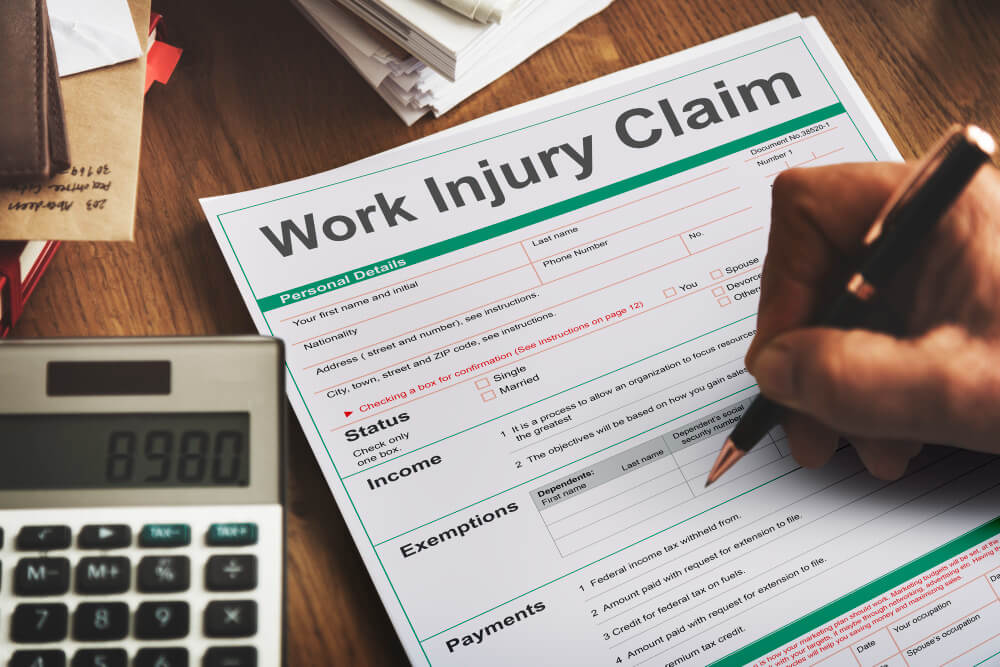Workplace injuries can be a significant disruption to both your life and your career. The pain, physical limitations, and emotional stress can be overwhelming, leaving you unsure of how to proceed. Thankfully, you don’t have to navigate this challenging experience alone. Occupational medicine specialists are dedicated to helping injured workers recover and return to work safely and confidently.

Understanding Occupational Medicine
Occupational medicine is a specialized branch of medicine that focuses on preventing, diagnosing, and treating work-related illnesses and injuries. Occupational medicine specialists are trained to understand the unique challenges faced by injured workers, including:
- The musculoskeletal system and common workplace injuries: They possess expertise in treating injuries to muscles, bones, joints, nerves, and tendons.
- Occupational hazards and exposure risks: They can identify and assess potential hazards in the workplace, such as chemical exposure, repetitive motions, and ergonomic risks.
- Ergonomic principles and workplace safety: They can recommend adjustments to your work environment and practices to prevent future injuries.
- Workers’ compensation laws and regulations: They understand the complexities of workers’ compensation systems and can guide you through the process of obtaining benefits.
This comprehensive understanding allows occupational medicine specialists to provide personalized and effective care tailored to your specific needs and situation.
Navigating the Recovery Process
The road to recovery from a workplace injury is a journey, and no two journeys are the same. Occupational medicine specialists will work closely with you to:
-
- Develop a personalized treatment plan: This plan may involve a combination of treatments, such as:
- Physical therapy: To restore your strength, flexibility, and range of motion.
- Occupational therapy: To help you learn how to perform your job duties safely and efficiently after your injury.
- Pain management: To manage your pain effectively and improve your quality of life.
- Medication: To address specific symptoms or conditions related to your injury.
- Coordinate care with other healthcare providers: If you require specialized care from other healthcare professionals, such as surgeons or neurologists, your occupational medicine specialist will ensure seamless communication and coordination.
- Facilitate your return to work: They will work with you and your employer to develop a safe and effective plan for your gradual return to your job duties. This may include modified work tasks, reduced hours, or temporary job placement.
- Provide ongoing support and guidance: You will have access to emotional and psychological support, educational resources, and assistance with navigating the workers’ compensation system throughout your recovery journey.
- Develop a personalized treatment plan: This plan may involve a combination of treatments, such as:
Workers’ Compensation: Your Rights and Benefits
As an injured worker, you are entitled to certain rights and benefits under workers’ compensation laws. These benefits may include:
- Medical benefits: Coverage for the cost of your medical treatment, including doctor visits, tests, medications, and rehabilitation services.
- Temporary disability benefits: Partial wage replacement while you are unable to work due to your injury.
- Permanent disability benefits: Financial compensation if your injury results in long-term or permanent disability.
- Death benefits: Financial support to your family if your injury is fatal.

Occupational medicine specialists can help you understand your rights and benefits under workers’ compensation and ensure that you receive the full compensation you are entitled to. They can also assist you with the paperwork and legal processes involved in filing a claim.
Preventing Future Injuries
Preventing future workplace injuries is crucial to protecting your long-term health and well-being. Occupational medicine specialists can play a vital role in helping you achieve this by:
- Identifying work-related hazards: They can assess your work environment and identify potential hazards that may contribute to injuries, such as poor lighting, slippery floors, or inadequate equipment.
- Implementing ergonomic principles: They can help you adjust your workspace and work practices to reduce stress on your body and prevent musculoskeletal disorders. This may involve adjusting furniture heights, using specialized tools, and taking regular breaks.
- Providing training and education: They can offer workplace safety training programs specific to your job duties and industry. This training can help you identify and avoid potential hazards and learn safe work practices.
- Promoting early reporting of injuries: They can encourage you to report any pain.
